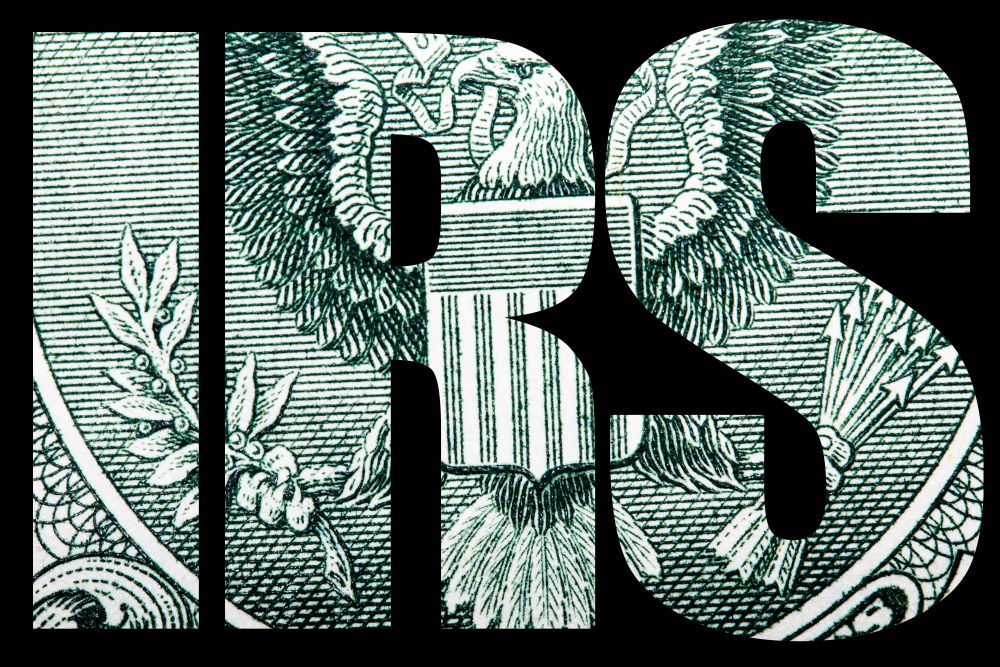IRS Announces Filing Exemptions for Schedules K-2 and K-3

It’s no secret the IRS is facing significant operational challenges attempting to work through the backlog of unprocessed returns, issuing refund payments, maintaining customer service, all while preparing for the 2021 tax season. And attempts to streamline existing workflows and standardize tax reporting have added another layer of complexity. For example, recently, changes were made to how pass-through entities (partnerships and S-corporations) report international tax-related items. Previously, this information was reported on IRS Form K-1, but recent changes mean these details are now to be reported in various places on Schedule K-2 or Schedule K-3.
Unfortunately, the change has caused significant confusion amongst taxpayers and tax preparers. Specifically, it has become quite challenging for the required information to be correctly reported by the tax filing deadline. On February 16, 2022, the IRS announced an exemption for certain pass-through entities for the 2021 tax year to remedy the situation. However, the exemption applies only to specific situations, so it is important to be aware of the key details, which we have summarized below.
Transition Relief Rules
The IRS’ announcement that it allows a delayed implementation for certain taxpayers is one piece of transitional relief. It builds upon prior efforts to encourage affected taxpayers to comply with the new reporting changes.
Previously, the agency said that it would not penalize taxpayers that made a good faith effort to comply with new requirements. Businesses would need to prove they changed or updated processes, systems, and procedures collected information from partners and shareholders and attempted to modify the partnership or shareholder agreement.
It also announced that full reporting requirements would not apply in some cases. For example, partnerships with solely domestic activities and consisting of partners that each own less than 10 percent of the partnership, need not complete the entirety of schedules K-2 and K-3.
Above and beyond these exceptions, some businesses are exempt from filing schedules K-2 and K-3 for the 2021 tax year. In addition, a one-year grace period is extended to businesses that did not have:
- Direct partners that were foreign partnerships, corporations, individuals, estates, or trusts.
- Any foreign activity, including foreign taxes, paid or accrued, or owned any assets that did or could potentially generate foreign income.
- To furnish information to partners or shareholders in 2020 for any of the following:
- Line 16, Form 1065, Schedules K and K-1 (line 14 for Form 1120-S), and
- Line 20c, Form 1065, Schedules K and K-1 (Controlled Foreign Corporations, Passive Foreign Investment Companies, 1120-F, section 250, section 864(c)(8), section 721(c) partnerships, and section 7874) (line 17d for Form 1120-S).
- There is no knowledge that partners or shareholders requested or will request that information for the 2021 tax year.
Important Exception
It is important to note that in cases where the exemption applies, it may still be necessary to provide all or part of the information contained on Schedules K-2 or K-3. For example, if a partner or shareholder notifies the company that details included on the new Schedules are needed to complete individual tax returns, such information must be provided. However, suppose the notification is received before filing the company tax return. In that case, the company must provide the relevant details to the individual partner or shareholder and file the new Schedules K-2 and K-3 with the IRS.
While the recent announcement provides a measure of relief, some may still have to comply with the new requirement. Given the complexity of the matter, it is essential to consult with a qualified business tax advisor to determine how you may be impacted.
Contact Us
If you have questions about the information outlined above or would like to learn more about how Klatzkin can help with a business tax reporting or compliance concern, click here to contact us. We look forward to speaking with you soon.
©2022 Klatzkin & Company LLP. The above represents our best understanding and interpretation of the material covered as of this post’s date. The content is provided for informational purposes only and does not constitute accounting, tax, or financial advice. Please consult your advisor concerning your specific situation.
